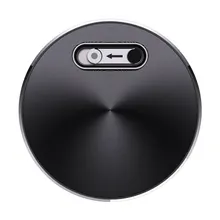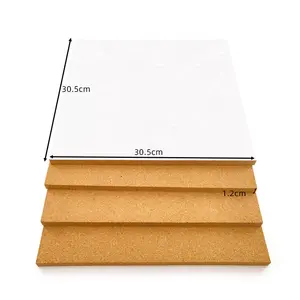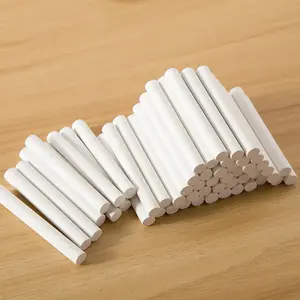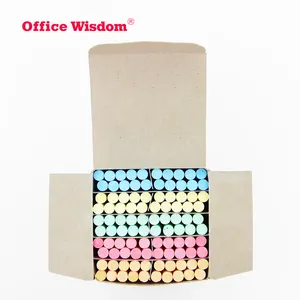
Nhà Máy Cung Cấp Trực Tiếp 40X28 Inch Điều Chỉnh Chiều Cao Điện Thoại Di Động Từ Tính Khô Bảng Trắng Có Chân Đế Cho Trẻ Em Nhà Trường Văn Phòng


Tùy chỉnh giá rẻ sinh viên trẻ em lapboard khô xóa không khung bằng văn bản Hội Đồng Quản trị với 9x12 inch Kích thước tiêu chuẩn






































 浙公网安备 33010002000092号
浙公网安备 33010002000092号 浙B2-20120091-4
浙B2-20120091-4